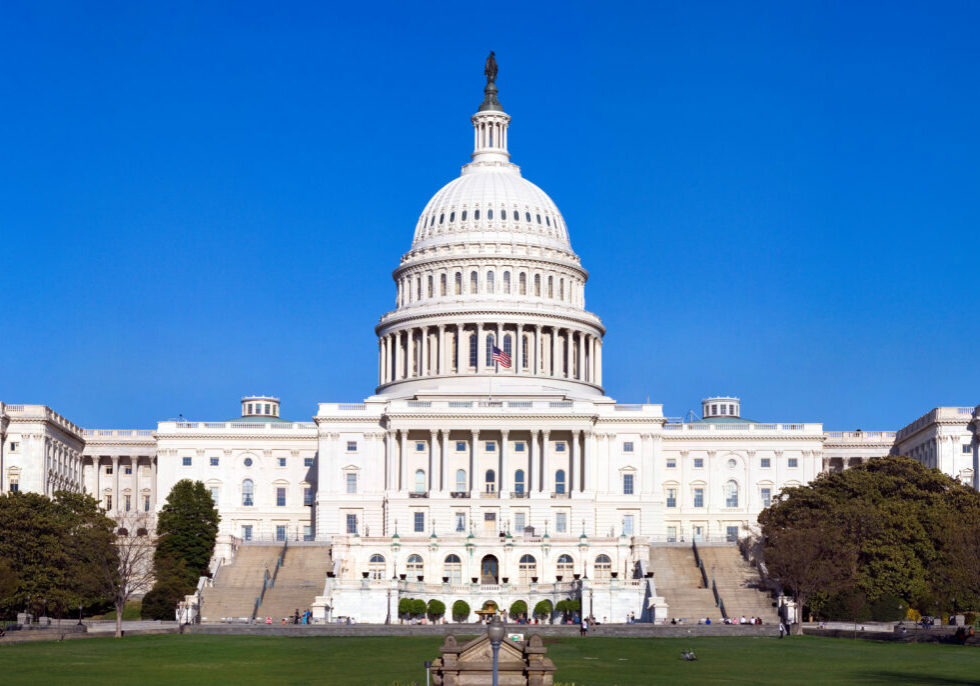Senate extends nuclear industry’s limited liability to catastrophic accidents

Why is Congress avoiding a hearing on the reauthorization of the Price-Anderson Act?
Buried within the 1,168 pages of the National Defense Authorization Act for 2024 as a “must pass” and without holding a single public hearing, on July 27, 2023, the US Senate voted to reauthorize the Price-Anderson Nuclear Industries Indemnity Act. Price-Anderson shields the nation’s nuclear industry from the significant liability and potential astronomical costs of a catastrophic nuclear accident for another 20 years (2045). Price-Anderson is due to sunset on December 31, 2025. With the Senate approval, Price-Anderson now goes before the U.S. House of Representatives for approval.
Will the House of Representatives hold transparent hearings?
There are many, many significant questions that Congress needs to provide truthful responsive answers to before the government “of the people, by the people and for the people” succumbs to the nuclear industry’s corporate lobby by shifting its nuclear accident liability to federal taxpayers. At the top of that list of those questions, why is Congress providing Price-Anderson liability protection to build and operate so-called “advanced” but unproven reactor designs and small modular reactors that industry claims to be “walk-away-safe?” Why Price-Anderson protection being provided to that same industry who is seeking to mass produce, assemble and operate hundreds of small modular reactors while actively planning to dispense with licensing that requires off-site emergency planning beyond the reactors’ fence line.
Congress introduced the Price-Anderson Act back in 1957 to promote a rapid private investment in nuclear power plant construction and operations. In the wake of the dawn of a “peaceful atom,” the federal government realized that the nation would never build the first private commercial power reactor until the builders, vendors and operators were guaranteed avoiding any significant liability from the widespread offsite consequences of radioactive fallout from a catastrophic accident. While Price-Anderson added provisions for public compensation after a catastrophic accident, it limited the industry’s initial liability to $500 million and established its review and reauthorization every 20 years.
Today, while the professional insurance industry will still not indemnify homeowners or any other property insurance policy from a nuclear accident, the nuclear industry’s liability is now being capped at $13.7 billion by Congress. However, according to the National Academies of Science (2014) estimates, the very real triple meltdown of the three General Electric Mark I Boiling Water Reactors that exploded in Japan’s Fukushima Daiichi 2011 catastrophe will significantly exceed $200 billion in total financial losses due to radiological exposure and long term resource contamination, widespread economic devastation and indeterminate population dislocation.
With the US Senate having shirked its duty to legislate through a democratic process, we need to demand that our House of Representatives first hold hearings that provide a transparent democratic process that includes independent expert testimony on the real consequences of the reauthorization of the Price-Anderson Act.
Support Beyond Nuclear
Help to ensure a safer, greener and more just world for all

